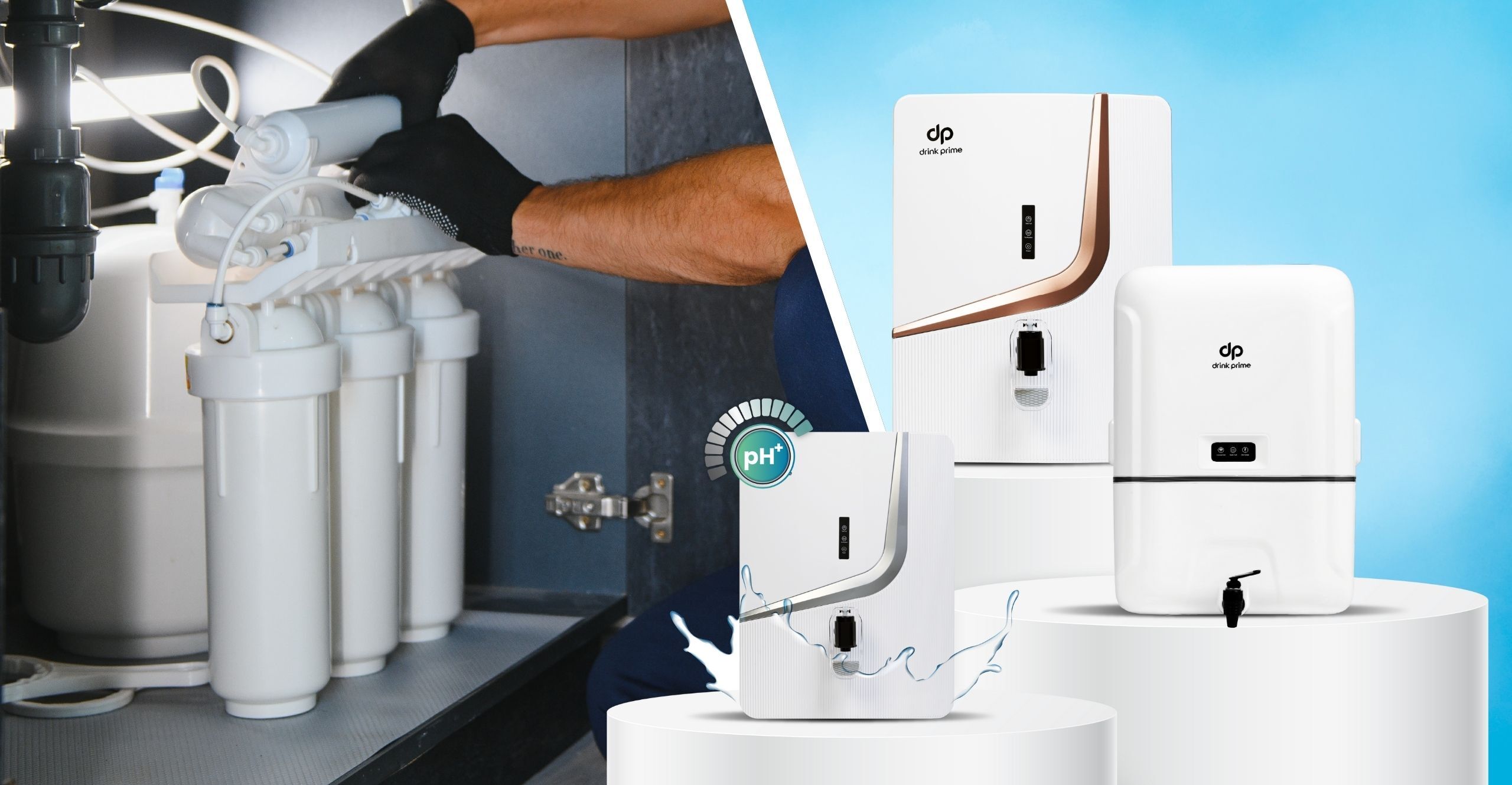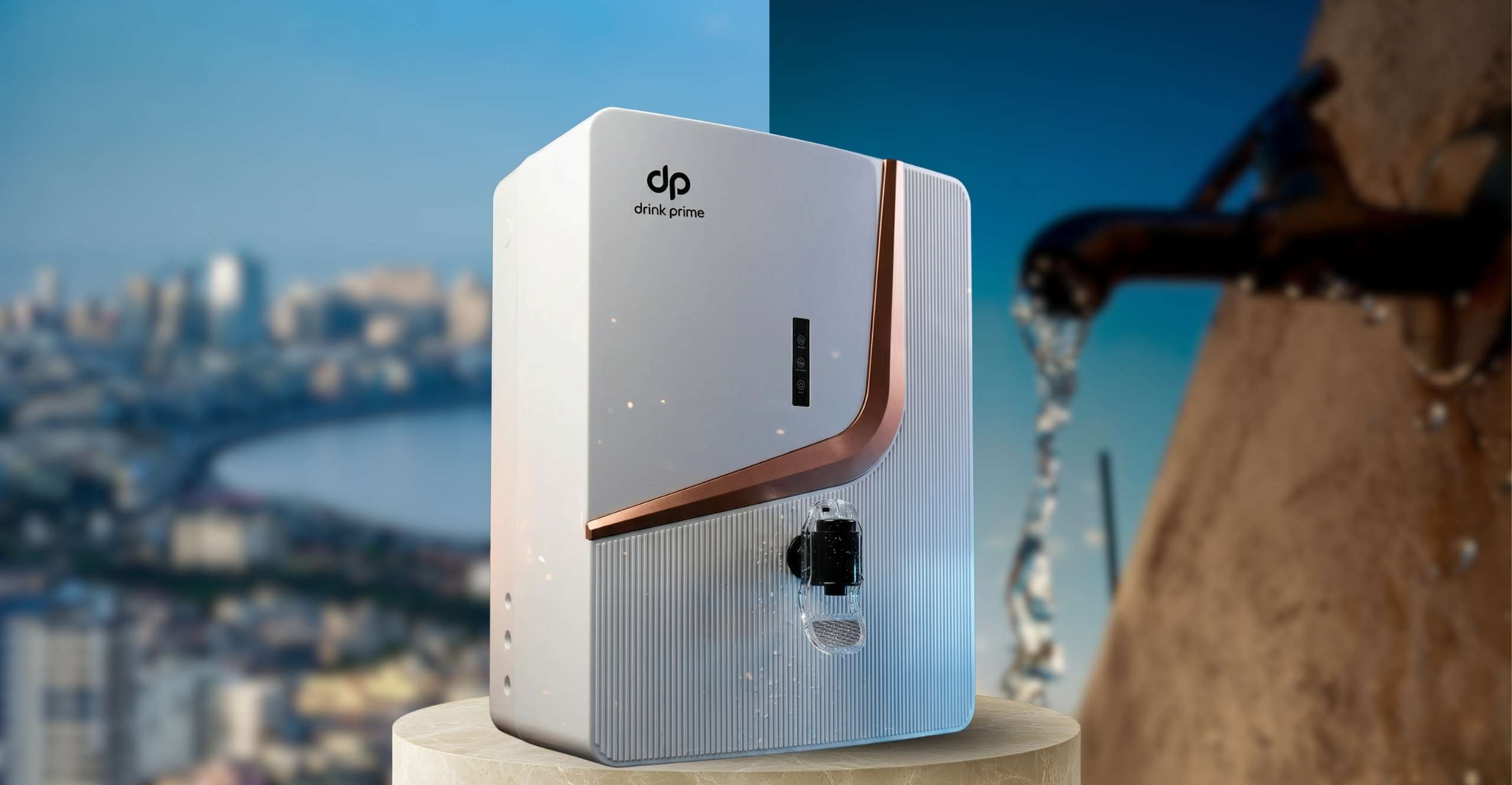Access to clean and safe drinking water is still crucial in rural India. Despite progress, millions continue to rely on untreated water sources, leaving them vulnerable to waterborne infections. Water purification is critical in minimising this challenge by eliminating harmful contaminants and providing safe drinking water.
In this blog, we will look at how water purification can improve rural populations’ livelihoods, reduce disease prevalence, and enhance public health.
The Prevalence of Waterborne Diseases in Rural India
Rural India faces a tremendous issue in providing safe drinking water. Many rural communities rely on conventional water sources such as ponds, rivers, and wells, which are frequently contaminated with hazardous microorganisms. This results in the widespread prevalence of waterborne diseases like diarrhoea, typhoid, cholera and hepatitis A.
Several factors contribute to this problem:
- Unprotected Water Sources: Many rural homes depend on rivers, lakes, or open wells that are prone to contamination.
- Lack of Infrastructure: Poor water supply infrastructure and improper sanitation facilities raise contamination risks.
- Limited Awareness: Many communities need more clarity on proper hygiene practices and the value of clean water.
The lack of clean drinking water creates a cycle of disease and poverty. Hence, water purification is critical to breaking this pattern.
The Value of Water Purification in Rural Areas
Water purification is more than simply removing apparent pollutants. It entails removing hazardous bacteria, chemicals, and heavy metals that might cause severe health problems. The purification of water contributes to the following:
1. Prevent Waterborne Diseases
Water purification’s primary benefit is minimising diseases caused by contaminated water. Modern purification procedures can remove bacteria and viruses, which are significant causes of sickness in rural regions. For instance, purified water can help avoid cholera and typhoid outbreaks, saving lives and lowering healthcare costs.
2. Enhance Overall Health and Productivity
With purified water, you have fewer health concerns, which increases productivity and reduces absenteeism in schools and workplaces. This facilitates economic growth and development.
The Process of Water Purification in Disease Prevention
The process of water purification varies based on the source and level of contamination. Some common ones are listed below:
- Boiling: A basic method to kill most bacteria and viruses. However, it takes a great amount of time and effort.
- Chlorination: Adding chlorine to water kills germs and viruses. However, excessive chlorine can give water a chemical flavour and odour.
- Filtration: Use filters to remove physical impurities such as dirt, dust, and suspended particles.
- UV Disinfection: Expose water to ultraviolet light kills bacteria.
- Reverse Osmosis (RO): A highly effective process for removing nearly all pollutants, including dissolved salts and minerals.
The Effects of Water Purification on Rural Communities
Rural areas can benefit greatly from implementing sound water purification systems:
- Improved Health: Lowering the prevalence of waterborne disease improves health outcomes.
- Augmented Productivity: Healthier communities are more productive, promoting economic progress.
- Enriched Quality of Life: Clean water improves hygiene and overall well-being.
- Sustainable Development: Reduced healthcare expenses and higher productivity help sustainable development.
Solutions to Improve Water Purification Access
A multi-faceted approach is required to increase water purification in rural India:
- Community-Based Purification Systems: Setting up community water purification plants can ensure that multiple households have access to clean water.
- Government Initiatives: Government schemes and subsidies can help rural people buy water purifiers.
- Innovative Technologies: Low-cost and solar-powered purifiers can be game-changers in rural places without consistent power.
Our Commitment to Clean Water
DrinkPrime provides innovative water purification solutions to communities across India, including rural areas. Our advanced water purifiers deliver clean, safe, and healthy drinking water, regardless of the source.
Get 7 Days Risk Free Trial
Conclusion
Water purification combats waterborne infections in rural India. Access to safe drinking water can greatly improve public health, boost economic productivity, and enhance the overall quality of life. However, achieving this necessitates collaborative efforts, innovative solutions, and ongoing community involvement. As we prioritise water purification, we move closer to a better, more prosperous future for rural populations across India.




